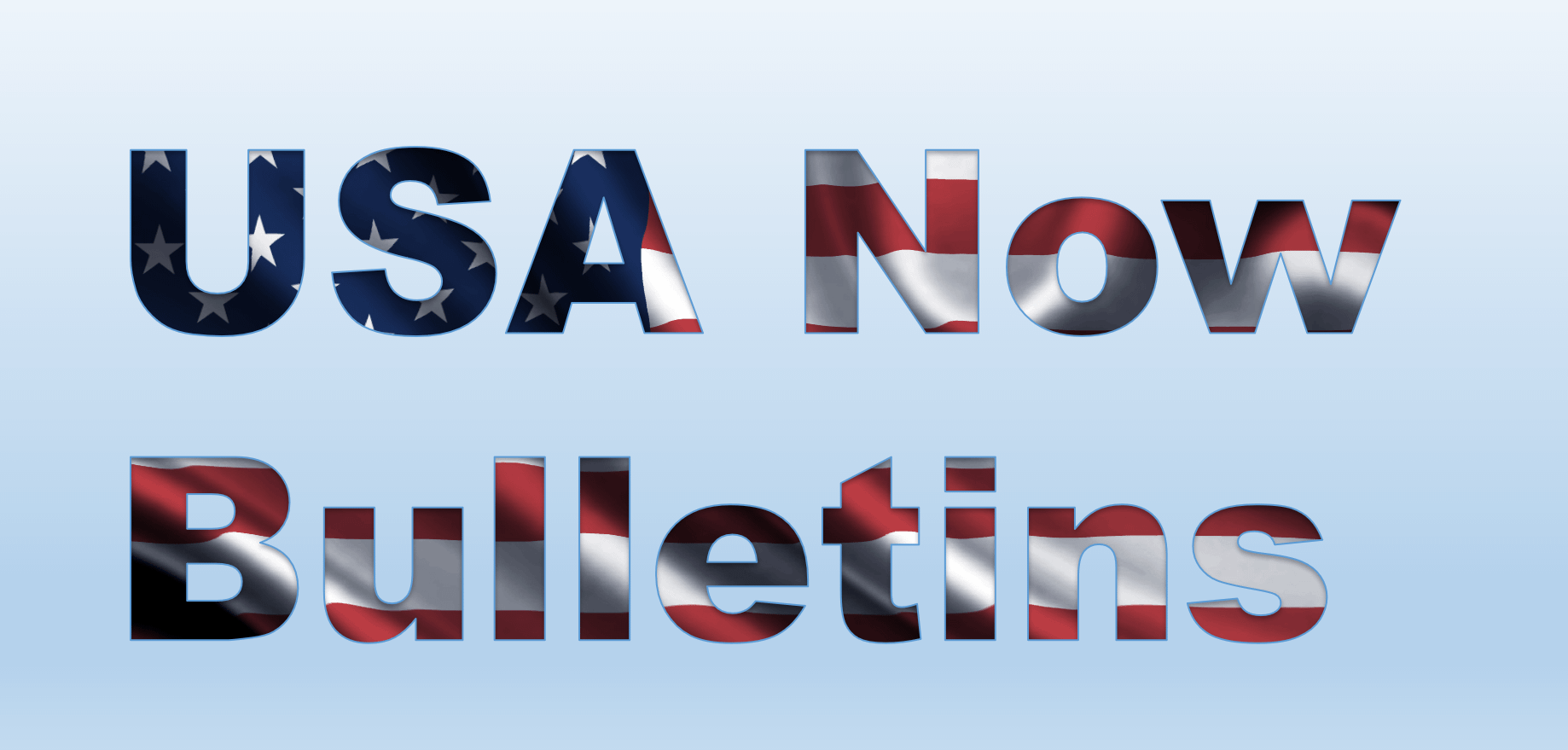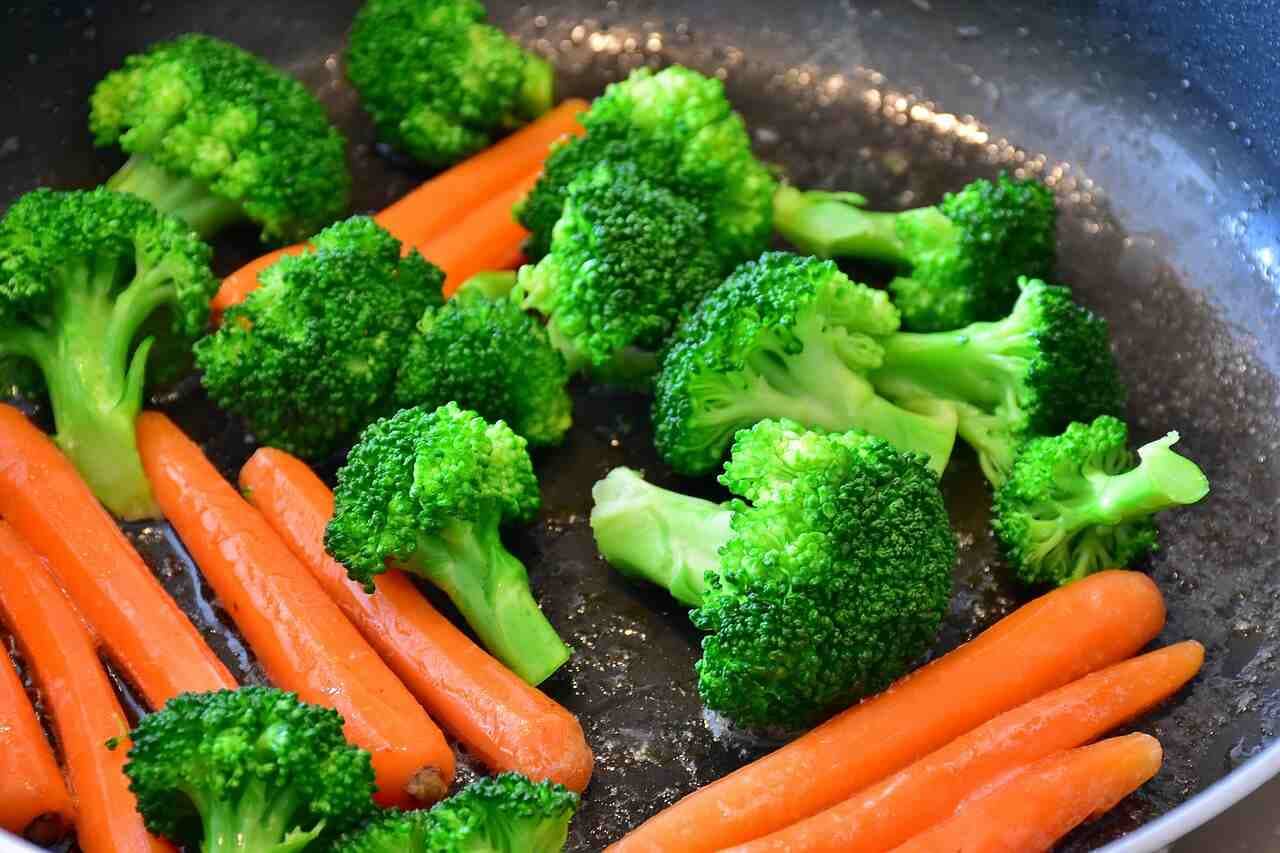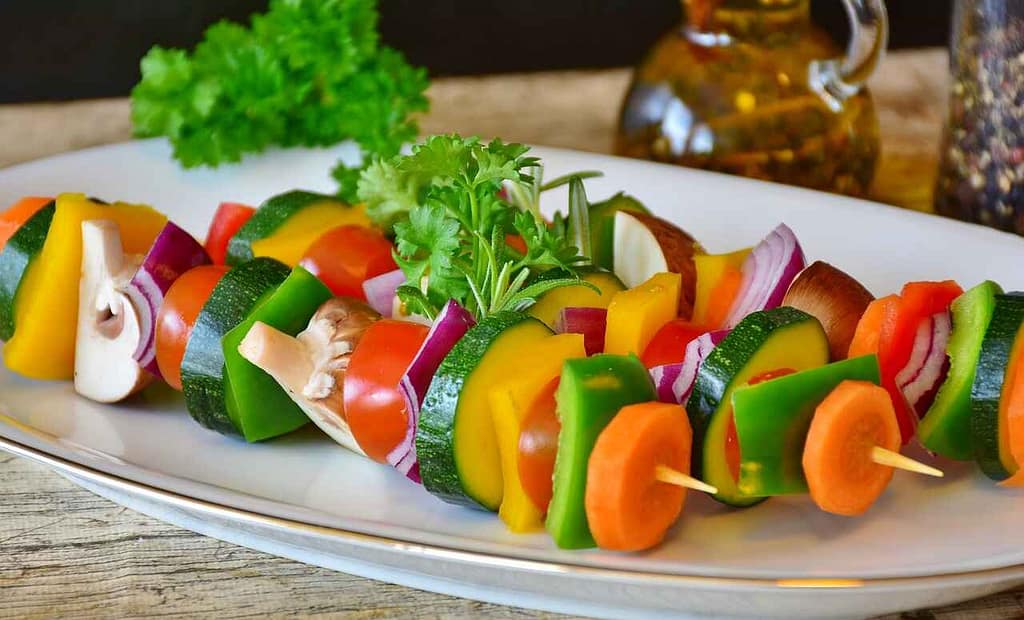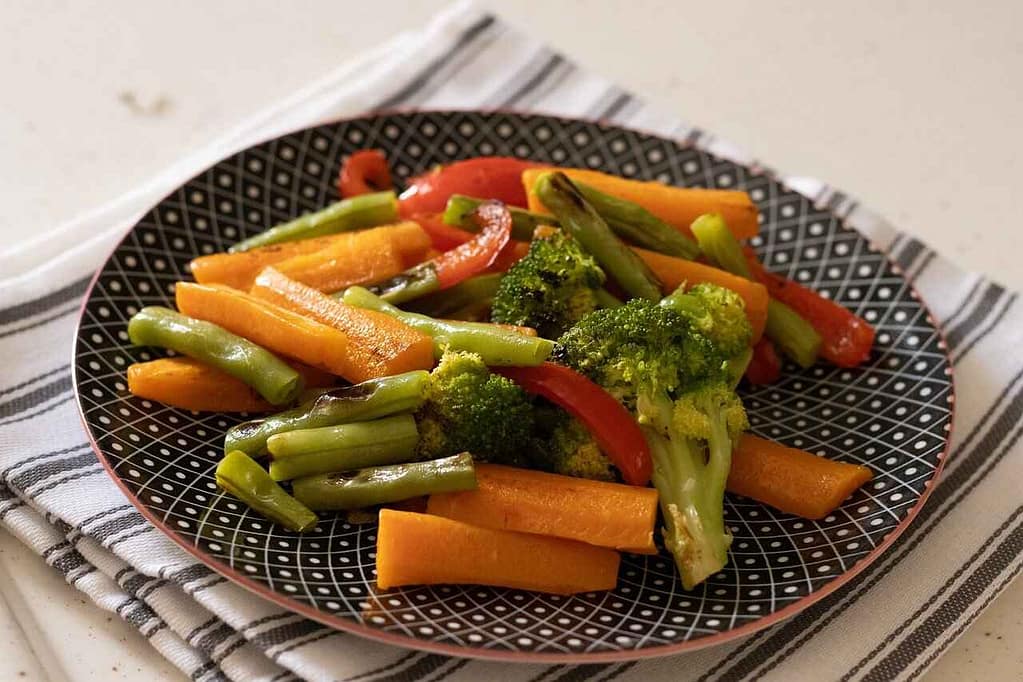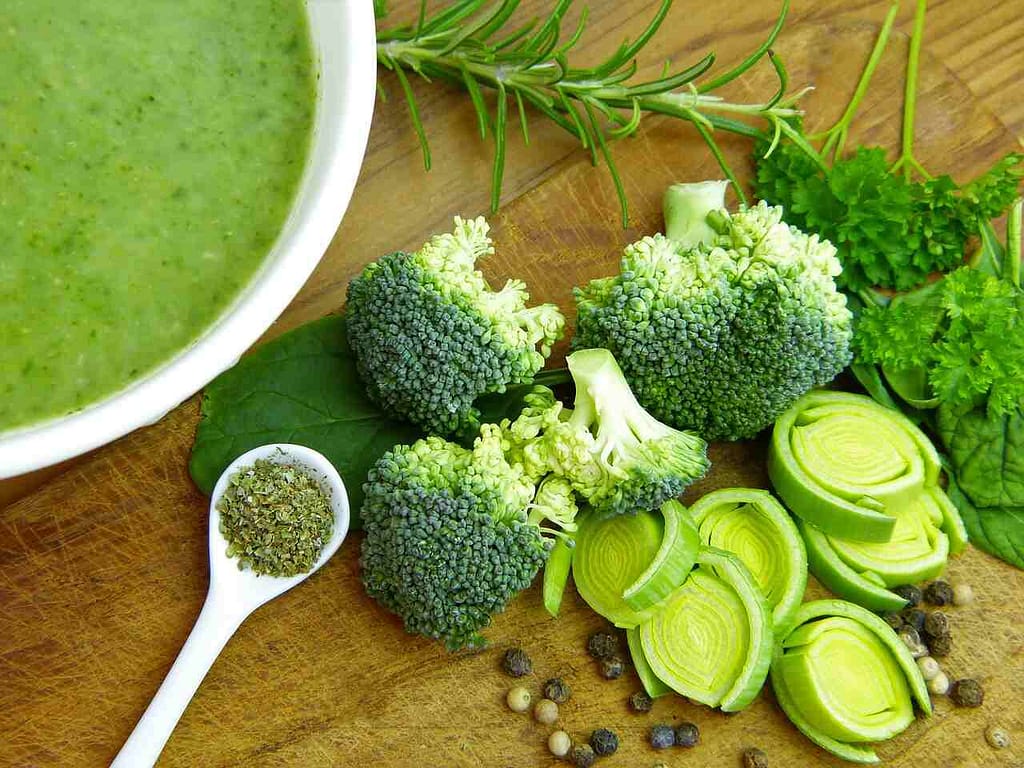is vegan food dairy free
Demystifying Veganism: Exploring the Dairy-Free Aspect of Vegan Food
Veganism is gaining widespread popularity as more people adopt it as a lifestyle choice. However, there’s a common misunderstanding that all vegan food automatically excludes dairy. This misconception can cause confusion, especially for those navigating dietary preferences and restrictions.
This article aims to clear up this confusion by examining the relationship between veganism and dairy-free diets. While veganism means avoiding all animal products, including meat, eggs, and dairy, not all vegan food necessarily avoids dairy ingredients.
Throughout this article, we’ll explore the nuances of veganism, explain what it means to be dairy-free, and determine whether vegan food is truly free from dairy. By the end, readers will have a better grasp of these dietary choices and be able to make more informed decisions about what they eat.
What is Vegan Food?
Veganism isn’t just a diet; it’s a lifestyle that excludes all animal products. This means no meat, eggs, dairy, or honey, among other things.
Vegan food primarily comes from plants, such as fruits, vegetables, grains, legumes, nuts, and seeds. These foods provide essential nutrients like vitamins, minerals, fiber, and antioxidants.
What makes vegan food unique is its focus on plant-based alternatives to traditional animal products. Instead of animal proteins and fats, vegans rely on alternatives like tofu, tempeh, and legumes for protein. Plant-based milks such as almond, soy, coconut, and oat milk replace cow’s milk. There are also vegan cheeses made from nuts or soy, and dairy-free yogurts from coconut or almond milk.
By embracing plant-based alternatives, vegan food supports ethical and environmental principles while promoting health and sustainability. It offers a wide range of flavors and textures, making it delicious and satisfying for anyone, regardless of their dietary preferences.
Understanding Dairy-Free:
Dairy encompasses products derived from mammal milk, like cows, goats, and sheep. This includes staples like milk, cheese, butter, yogurt, and cream.
People opt for dairy-free diets for various reasons. One common reason is lactose intolerance, where individuals struggle to digest lactose, the sugar in milk, leading to digestive discomfort. Avoiding dairy helps alleviate these symptoms and promotes better digestion.
Ethical concerns also drive many to shun dairy. The dairy industry faces criticism for practices like separating calves from their mothers and overproduction, prompting ethical vegans to avoid all animal products.
Health considerations are another factor. Some studies suggest dairy intake might exacerbate issues like acne and inflammation. Plus, dairy products often contain saturated fats and cholesterol, potentially contributing to heart disease. Thus, some individuals opt for dairy-free diets to improve overall health.
Understanding these motivations emphasizes the importance of offering dairy-free options. Whether due to lactose intolerance, ethical concerns, or health goals, dairy-free alternatives provide a solution for those seeking nutritious and delicious food without compromising on taste or values.
Vegan Food and Dairy:
There’s a common assumption that vegan food automatically means dairy-free, but it’s not always the case.
While veganism excludes all animal products, including dairy, not every vegan food is dairy-free. It might sound contradictory, but the focus of veganism is mainly on avoiding animal-derived ingredients rather than specifically eliminating dairy.
However, many vegan recipes and products naturally steer clear of dairy, using plant-based ingredients to replicate the tastes and textures of traditional dairy products.
Yet, it’s essential to recognize that some vegan foods might still contain hidden dairy ingredients. Certain bread types, desserts, and processed foods could include dairy-derived additives or be made in facilities handling dairy, leading to cross-contamination.
For instance, some bread recipes contain milk powder or whey, and certain desserts use butter or cream. Even processed foods like veggie burgers or frozen meals might sneak in dairy-based stabilizers or flavor enhancers.
This underscores the importance of carefully checking ingredient labels and opting for certified vegan products when trying to avoid dairy. By staying vigilant and informed, individuals can navigate the overlap between veganism and dairy-free diets more confidently, ensuring their dietary choices align with their values and preferences.
Dairy Alternatives in Vegan Food:
The surge of interest in veganism has led to a plethora of dairy alternatives that are not only kinder to animals but also offer tantalizing flavors and nutritional benefits.
Plant-based milks stand out as one of the most versatile options, catering to diverse tastes and dietary needs. Whether it’s soy, almond, coconut, or oat milk, these alternatives provide creamy textures and essential nutrients like calcium and vitamin D. They seamlessly substitute for dairy milk in recipes and beverages, making them a staple in vegan kitchens.
Vegan cheese has also undergone a revolution, with numerous brands crafting a variety of flavors and textures akin to traditional cheese. Made from nuts, soy, or coconut oil, vegan cheese melts, stretches, and grates just like dairy cheese, making it perfect for pizzas, sandwiches, and cheese platters.
Non-dairy yogurt has witnessed a similar surge in popularity, with options crafted from coconut, almond, soy, or oat milk. These yogurts offer probiotic benefits akin to dairy yogurt, promoting gut health while offering a creamy and satisfying alternative for breakfast or snacks.
When it comes to nutrition, dairy alternatives vary based on ingredients and fortification. Many are enriched with essential vitamins and minerals to match the nutritional profile of dairy products. However, it’s important to check labels to ensure they meet specific dietary needs.
For those with allergies or sensitivities, alternative options exist to ensure everyone can enjoy dairy-free delights without compromise.
In summary, the abundance and nutritional richness of dairy alternatives make them a fitting choice for a wide range of dietary preferences, whether it’s for vegans, those with lactose intolerance, or anyone seeking to explore new culinary horizons.
Tips for Identifying Dairy-Free Vegan Food:
Finding dairy-free vegan options can be easier than you think with these practical tips:
1. Read Food Labels: When shopping, scan food labels carefully for dairy ingredients. Watch out for terms like milk, cheese, butter, whey, casein, and lactose. Also, be alert for allergy warnings indicating dairy presence.
2. Ask at Restaurants: Don’t hesitate to inquire about dairy-free options when dining out. Many restaurants are accommodating and can suggest vegan dishes or modify existing ones. Clear communication with staff ensures a pleasant dining experience.
3. Experiment with Homemade Recipes: Explore dairy alternatives in homemade recipes. Substitute dairy products with plant-based options like nut milks, vegan cheeses, and non-dairy yogurts. You can find ready-made alternatives in stores or try making your own for a personalized touch.
By following these tips, you can confidently navigate dairy-free vegan choices whether you’re shopping, eating out, or cooking at home. With a bit of awareness and exploration, you’ll uncover a world of delicious dairy-free delights that suit your dietary preferences.
To wrap up, we’ve delved into the relationship between veganism and dairy-free diets, aiming to clarify misconceptions and offer practical guidance.
We started by defining veganism and addressing the misconception that all vegan food automatically excludes dairy. While veganism promotes plant-based eating, not every vegan item is dairy-free.
Throughout, we highlighted the variety of dairy-free options within the vegan sphere, from plant milks to vegan cheese and non-dairy yogurt. However, we also emphasized the need for caution as some vegan foods may still contain hidden dairy ingredients.
Ultimately, while veganism supports a dairy-free lifestyle, it’s crucial to stay informed and vigilant. By reading labels, asking questions, and experimenting with homemade recipes, individuals can navigate dairy-free choices effectively.
Let’s continue to embrace dairy-free veganism, making informed decisions that align with health, sustainability, and compassion. With the wealth of dairy-free options available, there’s ample opportunity to enjoy delicious and nutritious plant-based meals while honoring our dietary preferences and values.
Expert Insight:
– Nutritionist Dr. Emily Jones emphasizes, “A well-planned vegan diet can meet all of your nutritional needs, including calcium and protein. Dairy alternatives like fortified plant milks offer comparable nutrients without the drawbacks of dairy.”
Personal Anecdote:
– Sarah, a vegan enthusiast, shares her journey: “Going dairy-free was a game-changer for me. Not only did it alleviate my digestive issues, but it opened up a whole new world of culinary exploration. I’ve never looked back!”
FAQs about “Is Vegan Food Dairy-Free?”
1. Is all vegan food automatically dairy-free?
No, while vegan food excludes all animal products, including dairy, not all vegan food is automatically dairy-free. Some processed vegan foods may contain hidden dairy ingredients, so it’s essential to check labels carefully.
2. What are common dairy ingredients found in vegan food?
Common dairy ingredients that may be found in vegan food include milk powder, whey, casein, lactose, and other derivatives. These ingredients can sometimes be present in baked goods, desserts, or processed foods, so it’s crucial to be vigilant.
3. How can I identify if a vegan food is dairy-free?
To identify if a vegan food is dairy-free, carefully read the ingredient list on the packaging. Look for terms like “milk,” “cheese,” “butter,” or other dairy-related words. Additionally, look for allergy warnings indicating the presence of dairy.
4. Are there any dairy-free alternatives for common dairy products in vegan food?
Yes, there is a wide range of dairy-free alternatives available for common dairy products. Plant-based milks (such as soy, almond, coconut, and oat milk), vegan cheese, non-dairy yogurt, and dairy-free butter are some popular alternatives used in vegan cooking and baking.
5. Can I assume that all vegan food served at restaurants is dairy-free?
No, it’s not safe to assume that all vegan food served at restaurants is dairy-free. Some restaurants may use dairy or dairy-derived ingredients in their vegan dishes, or there may be cross-contamination issues in the kitchen. Always ask restaurant staff about dairy-free options and inform them of any dietary restrictions.
6. Why do some vegans choose to avoid dairy?
Some vegans choose to avoid dairy for various reasons, including ethical concerns about animal welfare in the dairy industry, health reasons such as lactose intolerance or allergies, and environmental concerns related to dairy production’s impact on the planet.
7. Are there any health benefits to consuming dairy-free vegan food?
Consuming dairy-free vegan food can offer several health benefits, including improved digestion for those with lactose intolerance, reduced intake of saturated fats and cholesterol found in dairy products, and increased consumption of nutrient-rich plant-based foods, which can contribute to overall health and well-being.
